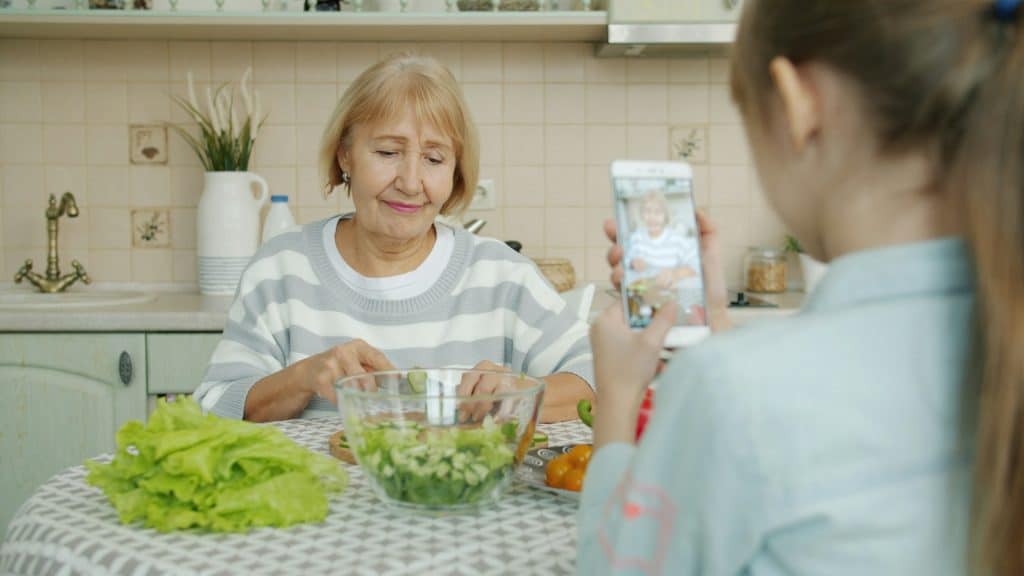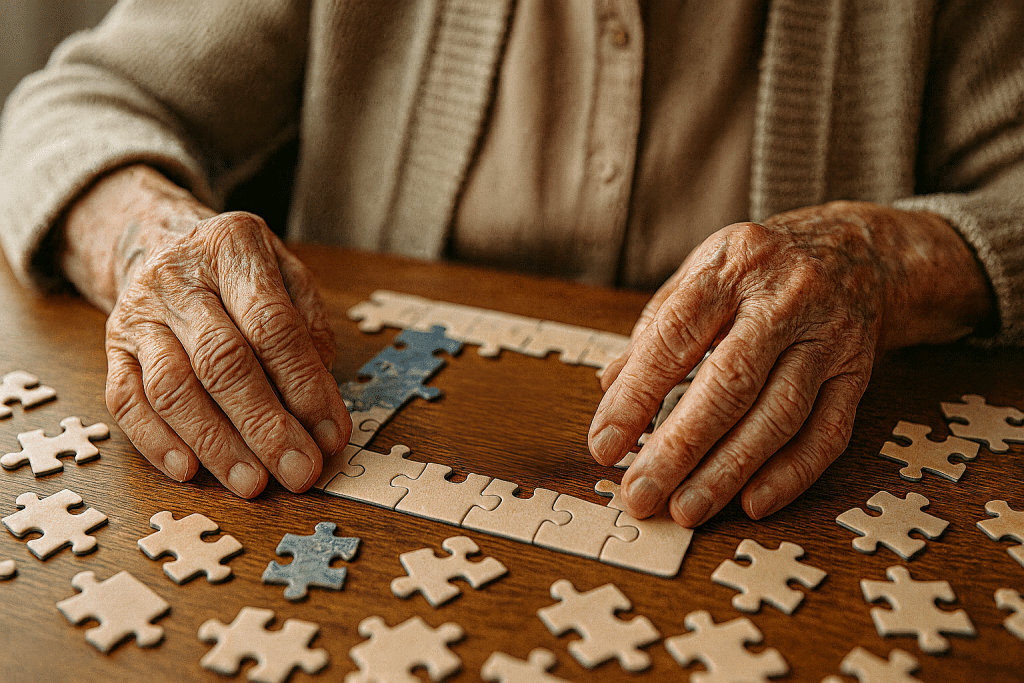The importance of a balanced diet in old age
As we get older, metabolism slows down, muscle mass tends to decrease and appetite can become irregular. A balanced diet for the elderly helps to compensate for these changes by providing enough energy without excesses, strengthening the immune system and reducing the risk of diseases such as cardiovascular diseases, type 2 diabetes and osteoporosis.
Eating for the elderly must respect each person’s biological rhythm and limitations. Loss of taste or difficulty chewing, for example, are factors that should not be ignored. In addition, a varied diet helps to maintain the pleasure of eating, something that should not be undervalued at this stage of life.
Key nutrients for the well-being of the elderly
Complete nutrition for the elderly should include
- Lean proteins (such as chicken, fish, eggs and legumes): essential for maintaining muscle mass and preventing sarcopenia;
- Calcium and vitamin D: present in dairy products, green vegetables and eggs, which contribute to bone health;
- Fiber: promotes intestinal transit and helps control cholesterol and blood sugar levels, and is found in fruits, vegetables and whole grains;
- Healthy fats: such as extra virgin olive oil and nuts, which promote cardiovascular health;
- B-complex vitamins: essential for the proper functioning of the nervous system and memory.
Identifying and correcting nutritional deficiencies is an important step in ensuring daily well-being. These deficiencies may not be obvious, but they sometimes manifest themselves through chronic fatigue, loss of muscle mass, mood swings or a greater propensity to infections.
Foods to avoid that could compromise your health
Some foods should be eaten in moderation or even avoided, as they can aggravate common health problems in this age group. Let’s look at some examples:
- Refined sugars and industrial cakes: increase the risk of diabetes and obesity;
- Excess salt: is associated with hypertension and kidney disease;
- Processed meats: these are usually found in sausages and are rich in saturated fats and preservatives;
- Alcoholic drinks: they can interfere with taking medication and affect liver health;
- Fried and ultra-processed foods: they have low nutritional value and high fat content.
Reducing the intake of these foods promotes lighter digestion and better control of chronic diseases, allowing for a more active and independent life.
Examples of healthy and easy-to-prepare meals
The eating routine should be practical, tasty and adapted to the reality of the elderly person. Here are some balanced suggestions that are simple to prepare:
- Breakfast: natural yogurt with oats, banana and chia seeds. This is a good example of energy and fiber to eat first thing in the morning;
- Lunch: grilled hake fillet, mashed sweet potatoes and sautéed spinach. This is a meal rich in protein, iron and vitamins;
- Snack: wholemeal bread with fresh cheese, accompanied by an apple. It’s simple but complete;
- Dinner: vegetable omelette with chickpea and tomato salad. Light, nutritious and easy to digest.
These meals can be adjusted according to the preferences, intolerances or specific needs of each senior. In the context of the home care services provided by Hands Care, we value the customization of menus, always under professional supervision.
The importance of hydration and diet
Hydration in old age is often neglected, but it plays an essential role in preventing urinary infections, regulating body temperature and ensuring that the kidneys function properly.
Older people tend to feel less thirsty, so it’s important to encourage regular intake of water, unsweetened teas and broths. Fruits with a high water content, such as watermelon and oranges, are also good allies.
Establishing routines or, in this specific case, a dietary routine (with regular hours and balanced meals), contributes to better digestion, mood stability and even better glycemic control.
Predictability also helps to combat loss of appetite or forgetting meals, which is common in situations of loneliness or the onset of dementia.
When to seek nutritional support
It’s not always easy to identify what’s missing from an elderly person’s diet. That’s why the support of a nutrition professional is essential in cases such as:
- Unexplained weight loss;
- Diagnosis of chronic diseases;
- Difficulty chewing or swallowing;
- Reduced appetite or very repetitive eating;
- Taking several drugs at the same time.
At Hands Care, we integrate nutritional monitoring into our home care services, ensuring that each dietary plan meets the real needs of every person. We believe that care should be holistic, attentive and empathetic, often starting with what we put on our plates.
To finish
Promoting healthy eating in old age is more than just offering balanced dishes; it’s about providing well-being, dignity and pleasure at the table.
With the help of the Hands Care team, it is possible to ensure that each elderly person receives the right support at the right time.
If you’re looking for a senior care service that values detail and respects the individuality of each person, we’re there for you.
Because caring is also nourishing and eating well is living better.



